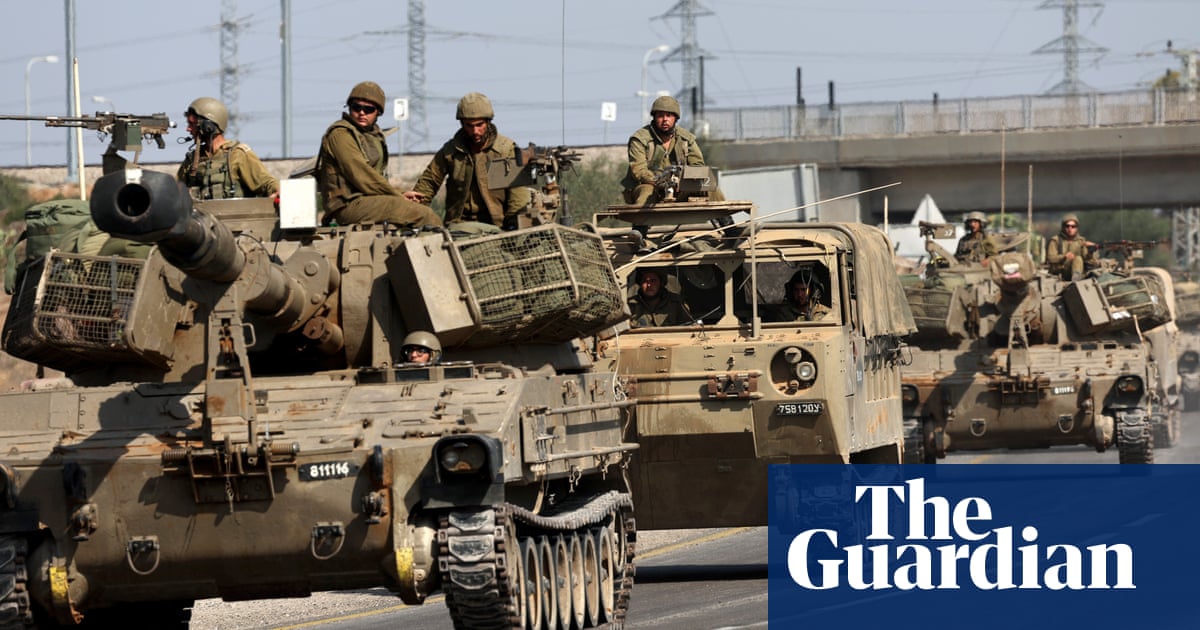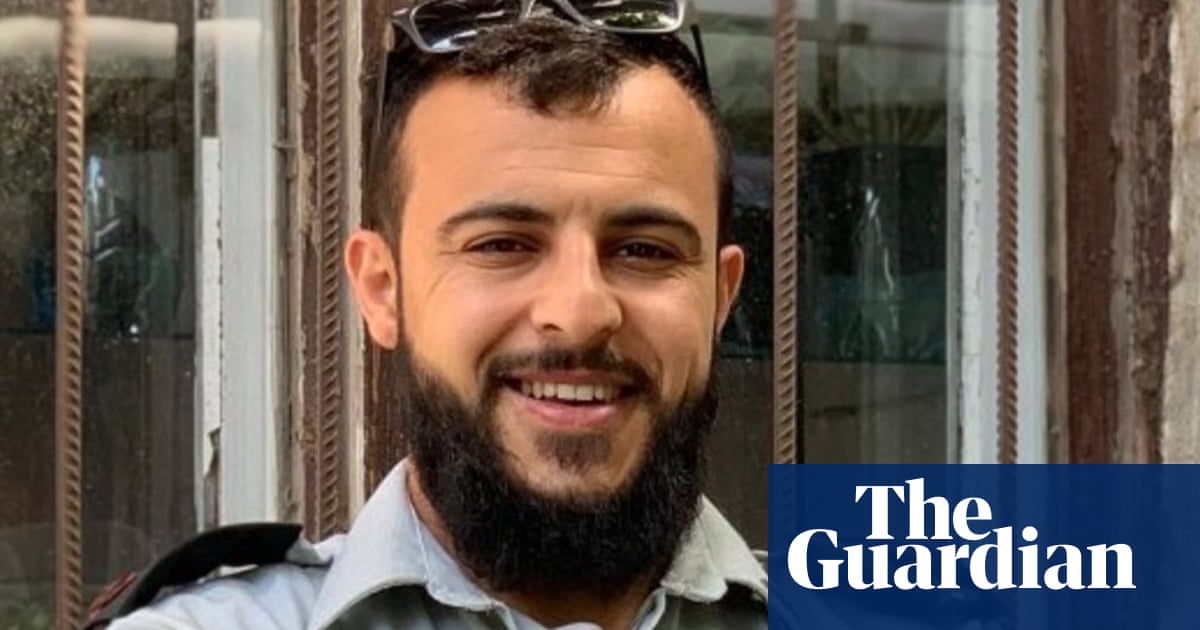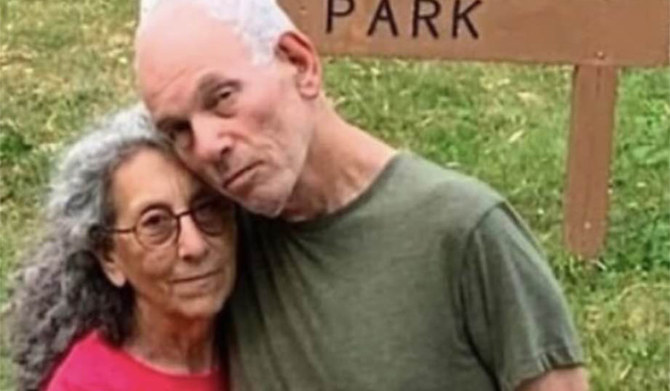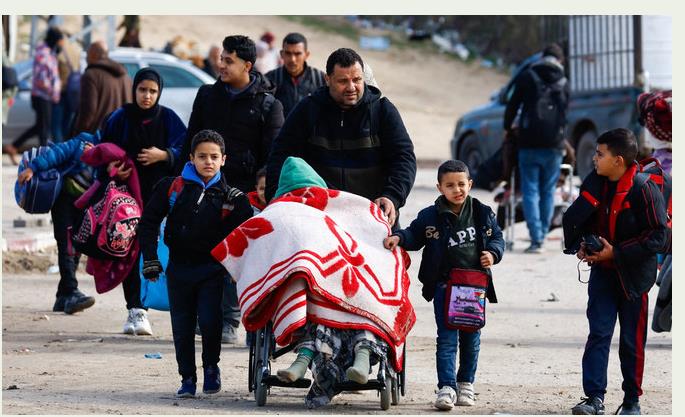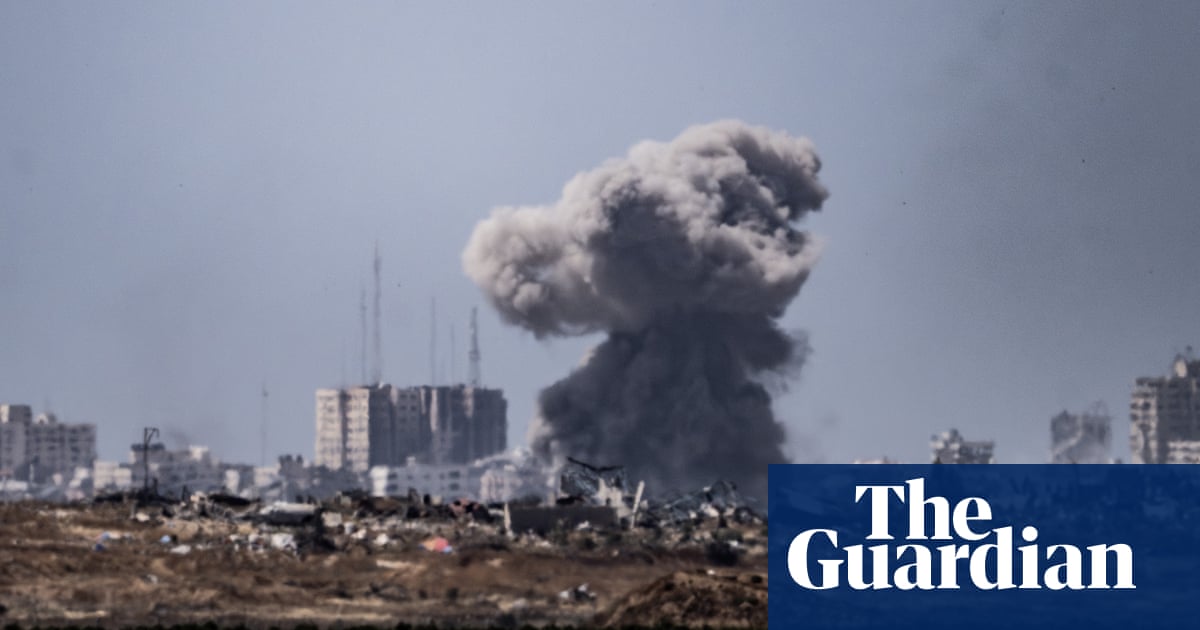
Fierce battles were under way across much of the devastated north of Gaza on Sunday, with heavy bombardment and airstrikes reported as Israeli forces attacked Hamas militants in areas that have already seen repeated rounds of fighting.
The new clashes underlined the failure of Israeli Defense Forces (IDF) to secure much of the territory, analysts said, after a campaign that has brought massive destruction, the displacement of about 2 million people and the deaths of around 35,000, mostly women and children.
There were also clashes reported in the south of Gaza, where tens of thousands fled the city of Rafah on Sunday, following bombardment and warnings from the IDF to clear central and eastern neighbourhoods before planned offensives.
Aid officials there believe the total who have now left the city may be about 350,000.
“The streets that were previously packed with [people] living in makeshift tents, most of those tents have been dismantled and people have fled. The area around the United Nations building [in the city centre] is unrecognisable … all of the people who were seeking some degree of sanctuary there have fled,” said Dr James Smith, a British medic currently in Rafah.
In the north, Israeli military officials said forces were operating in Jabaliya camp and Zeitoun, east of Gaza City, as well as in the far north of the territory in Beit Hanoun and Beit Lahiya.
Hamas, which seized power in Gaza in 2007, has been able to reimpose its authority in many areas of the territory in recent months, controlling markets, running Islamic courts and intimidating opponents. Militants have used remaining tunnels to ambush Israeli forces and have continued to fire rockets into Israel.
“We identified in the past weeks attempts by Hamas to rehabilitate its military capabilities in Jabaliya. We are operating there to eliminate those attempts,” R Adm Daniel Hagari, Israel’s military spokesperson, told reporters. A previous Israeli effort to stop Hamas reconstituting its forces in Zeitoun took place in March.
Witnesses described nearly continuous airstrikes and artillery shelling.
“Bombardment from the air and ground hasn’t stopped since yesterday, they were bombing everywhere, including near schools that are housing people who lost their houses. War is restarting, this is how it looks,” said Saed, 45, a resident of Jabaliya, via a chat app.
Abdel-Kareem Radwan, a 48-year-old Palestinian in Jabaliya said described intense and constant bombing since midday Saturday as “madness”.
Thousands sought rare and expensive transport away from the fighting, with chaotic scenes in crowded streets.
Hagari also said that Israeli forces operating in Zeitoun, had killed about 30 Palestinian militants. There was no immediate independent confirmation of the claim, nor of reports from local health officials of numerous civilian casualties.
For economic, domestic political and diplomatic reasons, Israel has withdrawn most of its troops from Gaza, though has left a powerful force positioned along a new road its forces have built bisecting the territory south of Gaza City.
Israeli media are increasingly critical of Benjamin Netanyahu for failing to outline any practicable proposal for a new administration in Gaza. This has left an anarchic security vacuum that has helped Hamas regain its hold over parts of the territory and its population, they said.
Yedioth Ahronoth, a mass market newspaper, reported on Sunday that Israeli military officials have demanded that the prime minister make a decision about the “day after” in Gaza.
Ben Caspit, a columnist, said Israel “will continue to pay the price in blood, sweat and a whole lot of tears so that we never get anywhere …. because Hamas’s regime cannot be toppled without preparing an alternative to that regime.” More than 270 Israeli soldiers have died in the offensive so far.
There is also some concern about the diplomatic price paid by Israel, though Netanyahu’s recent pledge that the country would “stand alone” if necessary resonated with many Jewish Israelis and support for the war is still strong.
Israel’s Rafah offensive has also drawn warnings from Egypt, where officials said it is putting the country’s decades-old peace treaty with Israel at risk. On Sunday evening, Cairo said it intended to formally join South Africa’s case against Israel at the international court of justice.
The war began when Hamas attacked southern Israel on 7 October, killing about 1,200 people, mostly civilians, and taking another 250 hostage. They still hold about 100 captives and the remains of more than 30, and internationally mediated talks over a ceasefire and hostage release appear to be at a standstill.
Netanyahu has said Rafah is the last stronghold of Hamas, and that Israel can only achieve war aims – defined as destroying the militant Islamist organisation – by killing militants and leaders in the city, ensuring there is no further threat to Israel from Gaza and returning hostages.
Israel’s advance into Rafah has prompted global outrage, and strained relations with the US, its staunchest ally.
Volker Türk, the UN high commissioner for human rights, said on Sunday that a full-scale Israeli assault on Rafah “cannot take place”, insisting that it cannot be squared with international law.
“The latest evacuation orders affect close to a million people in Rafah. So where should they go now? There is no safe place in Gaza! These exhausted, famished people, many of whom have been displaced many times already, have no good options.”
Israel has told those fleeing the new fighting in the north and Rafah to head to a designated a “humanitarian zone” along a stretch of coastline. But the area is already packed with vast numbers of displaced people and has limited available water, sanitation, healthcare facilities or food.




